The District Consumer Disputes Redressal Commission, Ludhiana has penalized the Chief Administrator of the Greater Ludhiana Area Development Authority (GLADA) for deficiency in service and engaging in unfair trade practices. This penalty follows GLADA's failure to deliver possession of a plot with an unencumbered title and basic amenities to complainant Sushma Lata Bansal, a resident of Urban Estate Phase Two, Patiala.
Background of the Case
Sushma Lata Bansal was allotted a 95-square-yard residential plot under the 80-20 scheme on a freehold basis through a draw of lots held on October 14, 2019. The tentative price of the plot was Rs 28,92,750, of which Bansal paid 25 percent, amounting to Rs 7,23,188, within the stipulated period. The remaining 75 percent was to be paid in six half-yearly installments starting from May 1, 2021. According to the allotment letter, possession of the plot was to be handed over within 90 days of the issuance of the allotment letter, provided the initial 25 percent payment was made. The allotment letter clearly stated that if the possession was not taken within the stipulated period, it would be deemed to have been handed over on the expiry of the said period.
Allegations Against GLADA
Bansal claimed that GLADA failed to deliver complete and effective possession of the plot and did not provide basic amenities such as water supply, sewerage, roads, and parking. She further alleged that GLADA deceived her by allotting a plot in GLADA Estate, where the legal title was defective and sub judice. The plot in question is part of a project with a status quo issued by the Punjab and Haryana High Court, which has not been vacated. Despite being aware of this, GLADA continued to allot plots and charge interest on the remaining 75 percent payment.
According to Sushma Bansal, the opposite party failed to deliver the complete and effective possession and did not provide basic amenities like water supply, sewerage, roads, and parking, etc. She further claimed that the opposite party deceived her by allotting a plot in GLADA estate, the legal title of which is defective and sub judice. A status quo was issued on the project of the opposite party by Justice Raj Mohan Singh of the Punjab and Haryana High Court on November 22, 2021, and the stay has not been vacated till date. The opposite party was aware of this and intentionally allotted the plot, the complainant said, adding that they have even started charging interest on the balance 75 percent payment.
The complainant stated that the opposite party violated the orders of the high court by floating a scheme and allotting plots without completing development work at the site.
Attempts to Resolve the Issue
On May 17, 2022, Bansal sent a letter to the sole arbitrator-cum-chief administrator of GLADA, Ludhiana, requesting a resolution to the issue, but received no reply. She sent another letter on July 4, 2022, to the chief administrator of GLADA, with a copy to the chief minister, seeking a refund of Rs 7,81,043 with 12 percent annual interest. Again, she received no response. Frustrated by the lack of communication and resolution, Bansal approached the District Consumer Disputes Redressal Commission.
Commission's Findings
During the hearing, no representatives from GLADA appeared. The commission noted that GLADA had concealed material facts and misled Bansal, inducing her to invest her money into the scheme through misrepresentation and fraudulent practices. The commission criticized GLADA for demanding a 10 percent deduction from the deposited amount for initiating a refund, stating that this demand was illegal and could not be enforced against the complainant.
The commission observed that in the letter, GLADA did not quote any rule or regulation which entitles it to deduct 10 percent of the deposited amount. It emphasized that it is a settled law that one cannot take advantage of their own wrongs. Consequently, GLADA was penalized for its actions, providing relief to the complainant and highlighting the need for accountability in such cases.
The commission's ruling stressed the importance of transparency and fairness in real estate transactions, especially those involving public authorities. This case serves as a reminder to authorities to uphold ethical standards and ensure that all commitments made to allottees are fulfilled in a timely and transparent manner.
Image source- pixabay.com

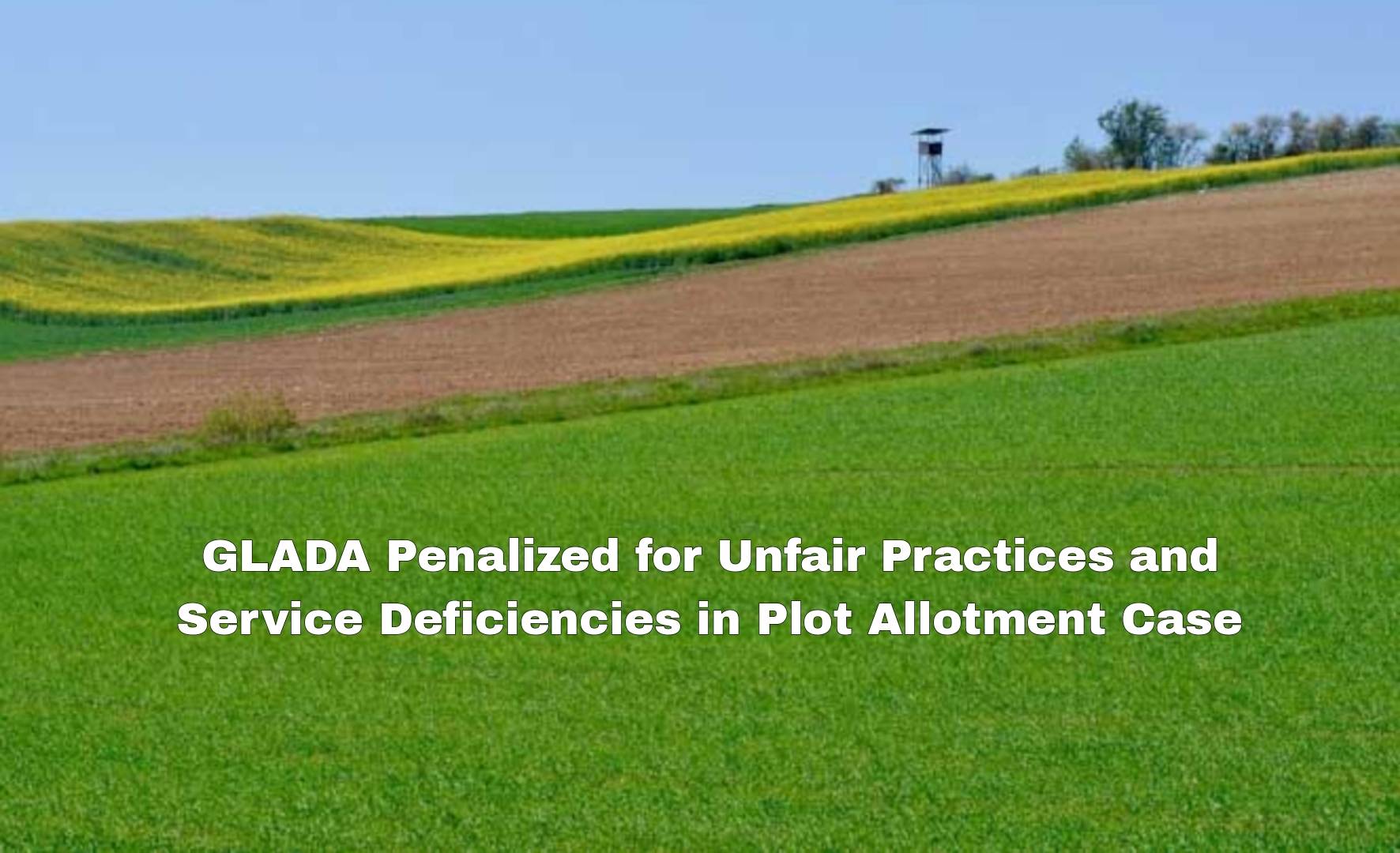

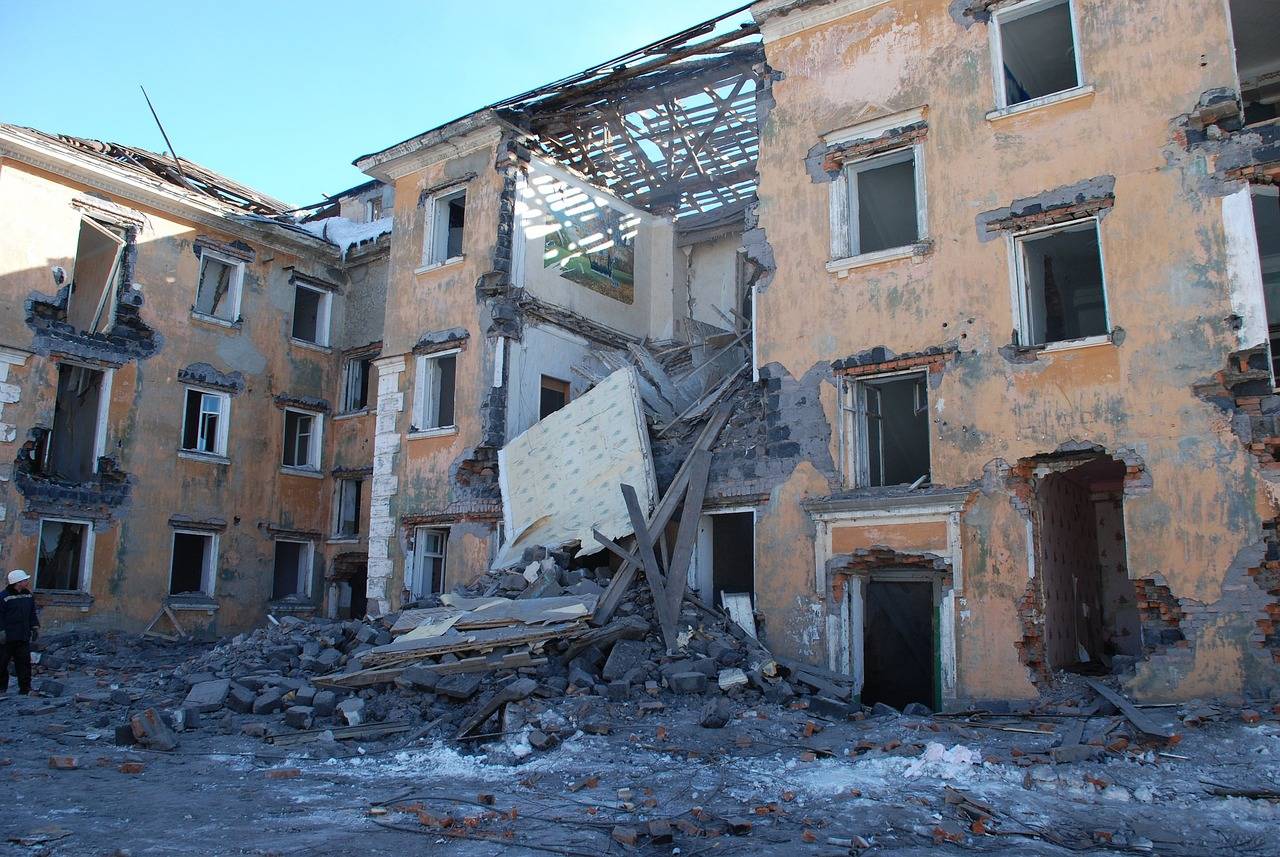

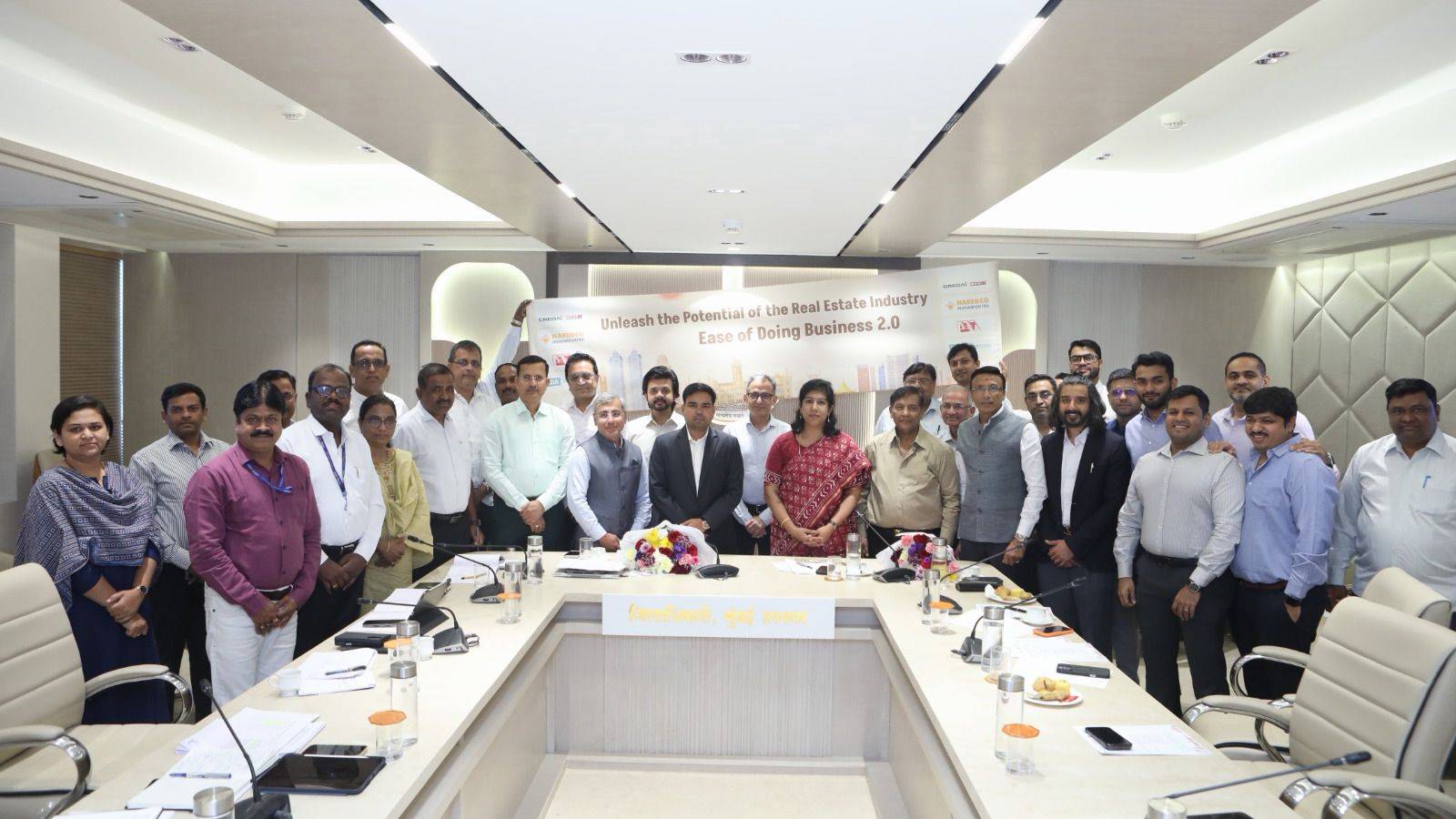
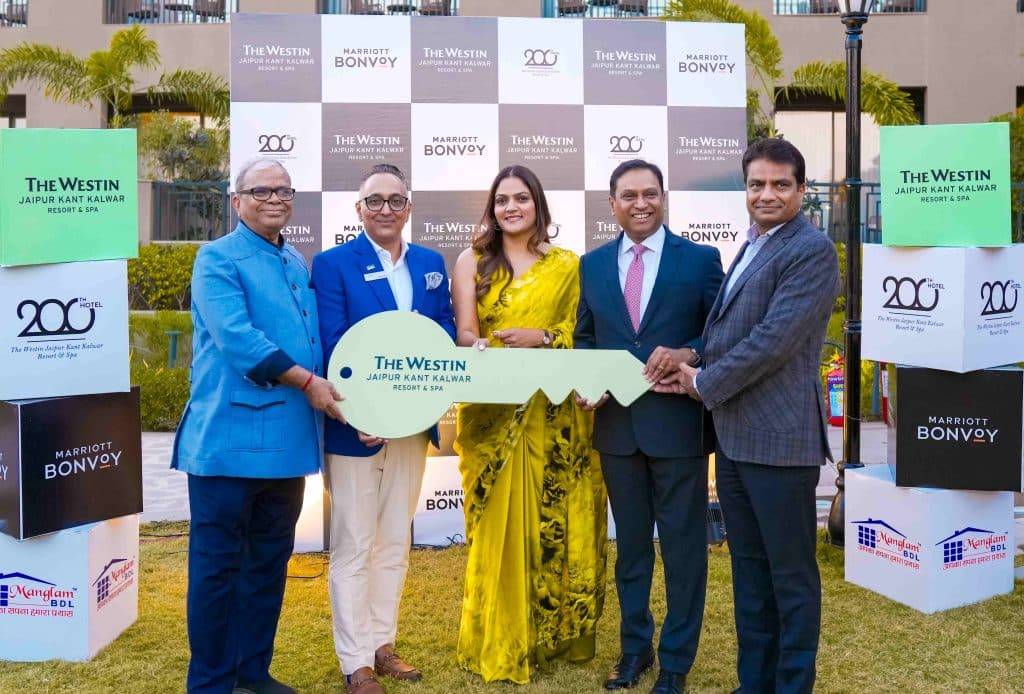

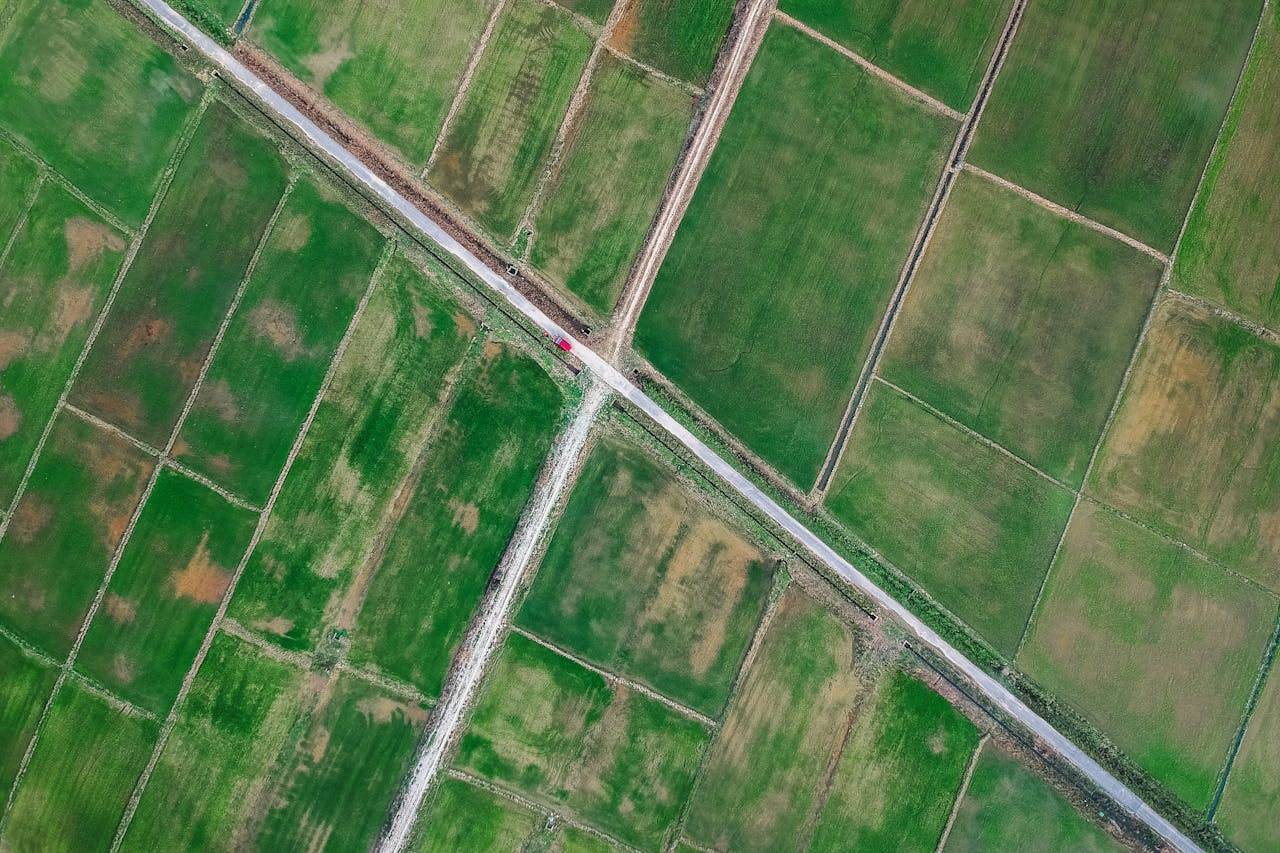
.png)